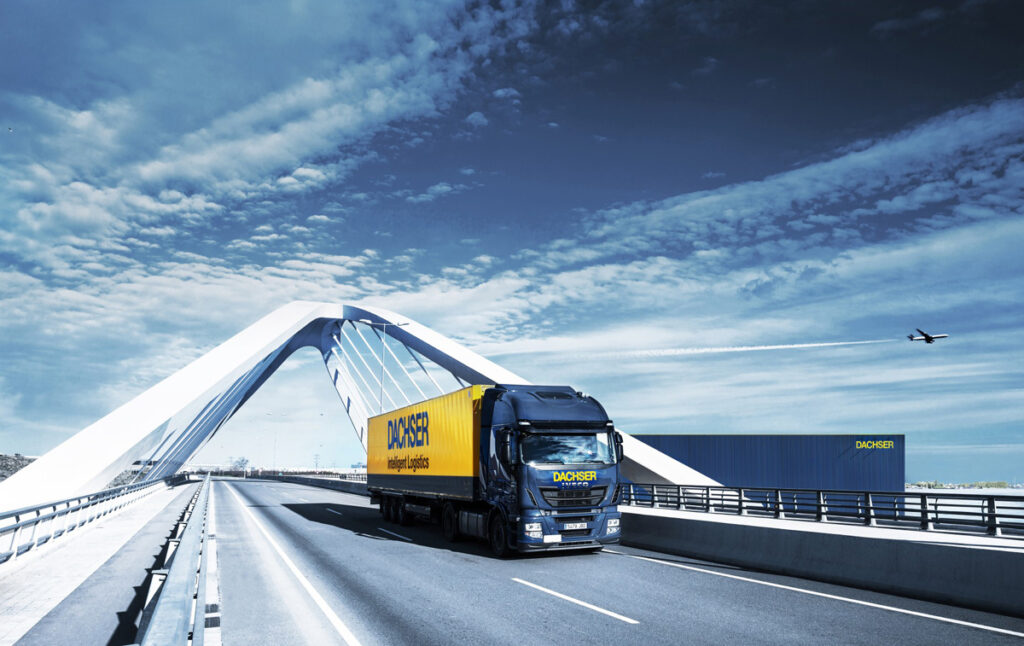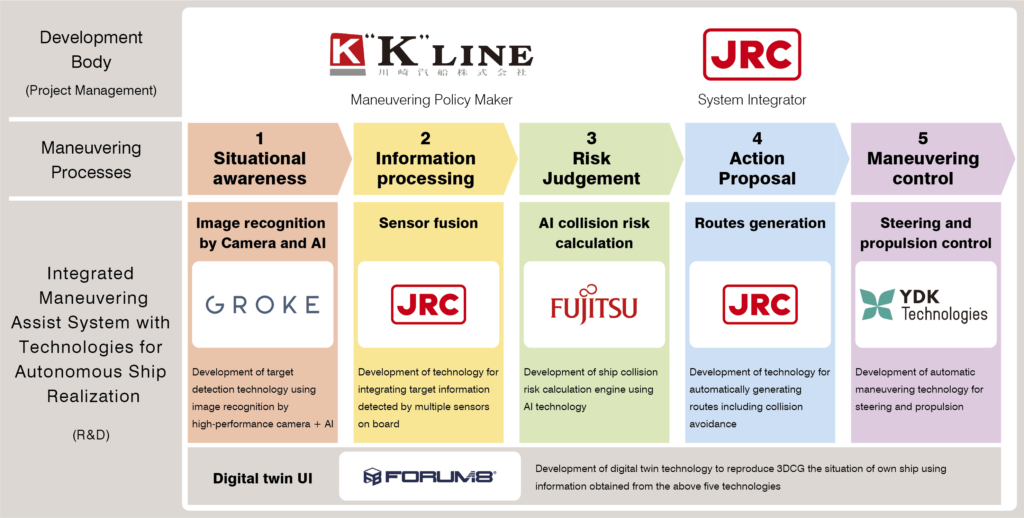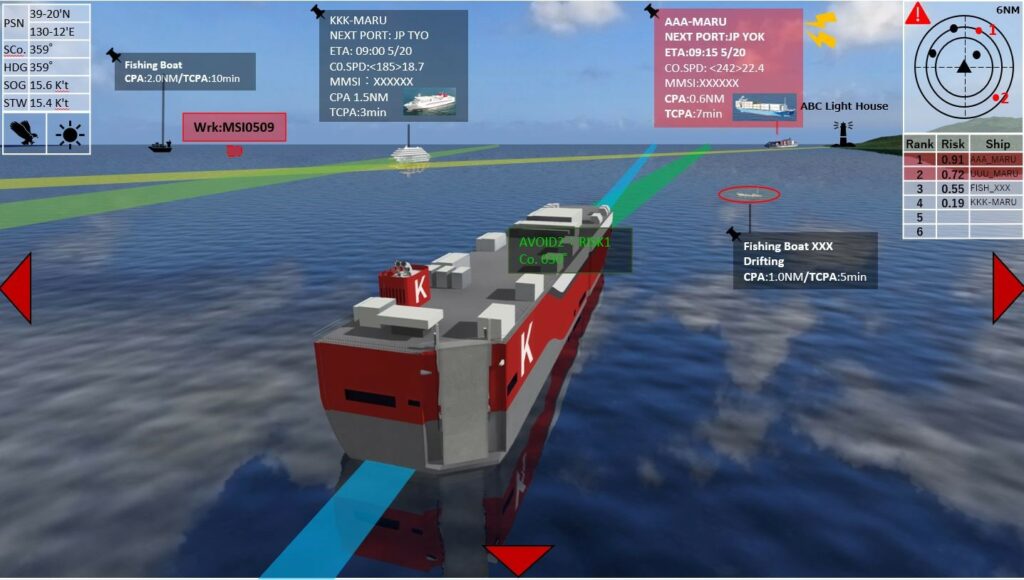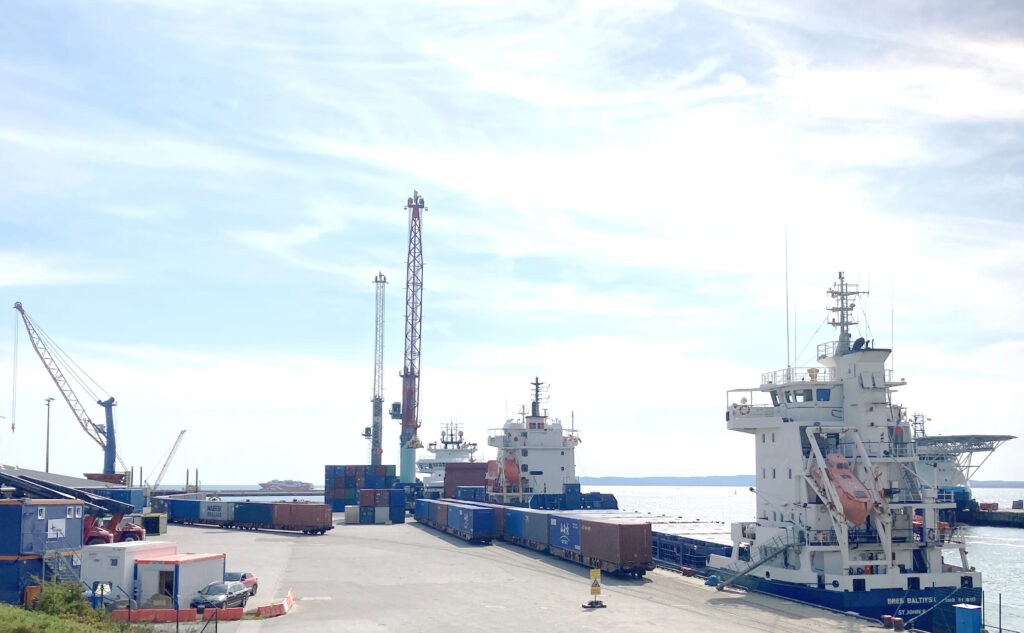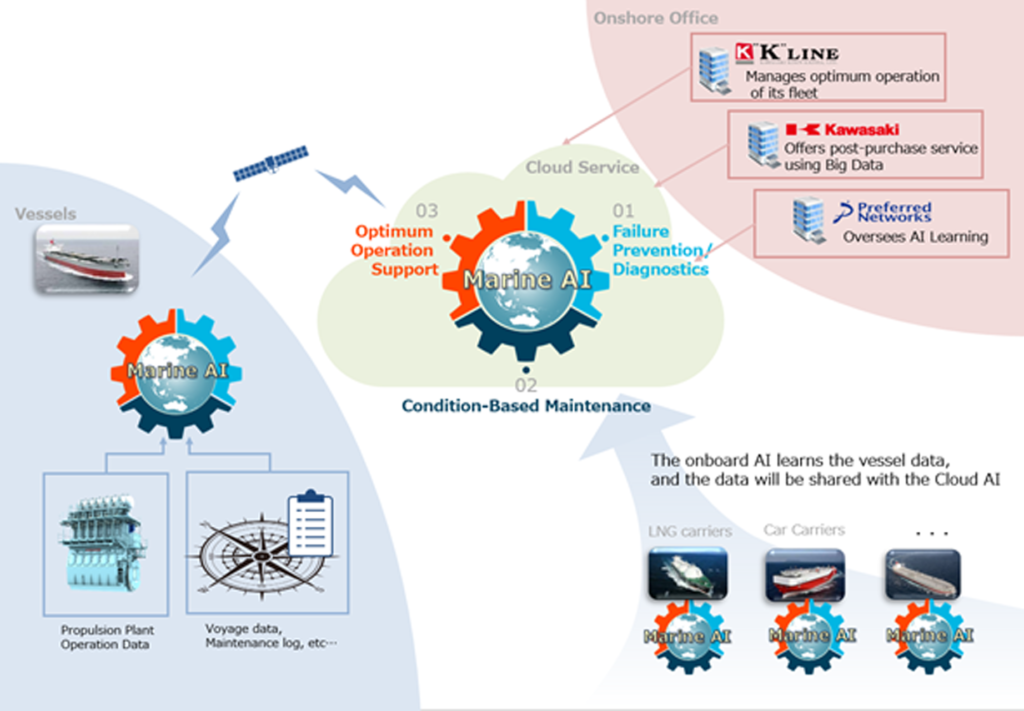Robust culture supports seafarers’ situational awareness and personal responsibility in campaign to improve safety at sea for all
NEW YORK, NOVEMBER 2, 2021: The American Club has recently launched an important new loss prevention initiative entitled Good Catch. As it gains increasing momentum, five safety advisories having been issued in the two months since the campaign was launched, Good Catch is aimed directly at seafarers themselves. It combines alerts and animations on safety-related issues in a focused format. Good Catch is currently available for download in English and in both new and traditional Mandarin.
Good Catch recognizes that, although there may be differences in detail between individual safety management systems, they all have a common purpose in ensuring seafarers’ situational awareness and their personal responsibility for their own safety, that of their shipmates, the marine environment, and the many other interests involved in their service at sea. The initiative emphasizes the importance of a strong safety culture which identifies, assesses and reports unsafe conditions, unsafe acts and near misses using case study examples.
Elements of the campaign already released include: reduction of CO2 emissions; dangers of over reliance on ECDIS²; engine room egress in case of fire and questionable risk assessments of various situations. A number more are planned over the coming months.
Dr. William Moore, Head of Global Loss Prevention, Shipowners Claims Bureau, Inc., the Club’s Managers, said:
“We have over the recent past issued animations on bunkering and the handling of steel and rice cargoes; a library of safety, environmental and cargo handling e-Learning modules; safety comics and posters, but the focus of Good Catch is on informing seafarers themselves. We look to help them to become more situationally aware of their surroundings as well as make them aware that they are most responsible for their own safety and the safety of those who work beside them, in conjunction with the company and safety management system procedures under which they operate.
“As Managers of the Club, we meet with the Club Board’s Safety and Environmental Protection Committee, comprised of Club Directors, every quarter to discuss loss prevention and survey related activities. Earlier this year, the Committee requested the Managers to maintain an undiminished focus on seafarer and ship safety in parallel with initiatives to inhibit environmental exposure, given the Club’s especially valuable insights to both areas of concern to the safe and environmentally friendly operation of ships.”
Joe Hughes, Chairman & CEO of Shipowners Claims Bureau, Inc., the Club’s Managers, said:
“It was a combination of events that brought Good Catch to fruition, but the initiative was primarily a result of reaching out to our members for their feedback on the loss prevention products and services the Club provides. The response was very positive. There was a clear message that the Club should promote safety related guidance directed at seafarers which was short, simple and focused. I am very pleased that this important initiative has now been launched.”
New alerts and animations will be posted periodically at the Club’s website at:
¹https://www.american-club.com/page/good_catch
²Electronic Chart Display and Information System
The American Club
American Steamship Owners Mutual Protection and Indemnity Association, Inc. (the American Club) was established in New York in 1917. It is the only mutual Protection and Indemnity Club domiciled in the entire Americas and its headquarters are in New York, USA.
The American Club has been successful in recent years in building on its US heritage to create a truly international insurer with a global reach second-to-none in the industry. Day to day management of the American Club is provided by Shipowners Claims Bureau, Inc. also headquartered in New York.
The Club is able to provide local service for its members across all time zones, communicating in eleven languages, and has subsidiary offices located in London, Piraeus, Hong Kong, Shanghai and Houston, plus a worldwide network of correspondents.
The Club is a member of the International Group of P&I Clubs, a collective of thirteen mutuals which together provide Protection and Indemnity insurance for some 90% of all world shipping.
The American Club also operates a fixed premium facility, Eagle Ocean Marine (EOM), aimed at the operators of smaller vessels in local and regional trades. Since it commenced underwriting in 2011 with its coventurers at Lloyd’s, EOM has enjoyed considerable success in building a growing footprint in this specialist market and generating strong profitability for both the Club and its co-insuring partners.
American Hellenic Hull Insurance Company, Ltd. (AHHIC) is a wholly-owned, Solvency-II accredited hull and war risk subsidiary of the Club, based in Cyprus. Since it began operating in mid-2016, AHHIC has enjoyed an increasing market presence throughout the world. For more information, please visit the Club’s website http://www.american-club.com/








